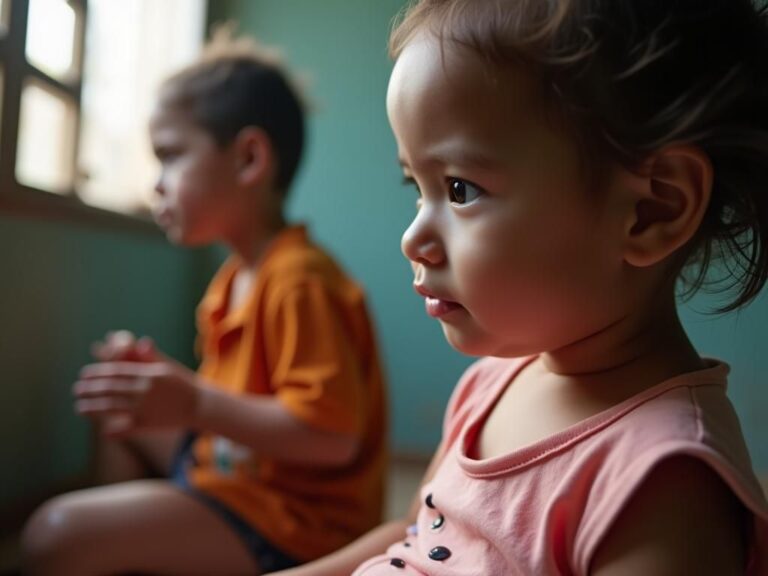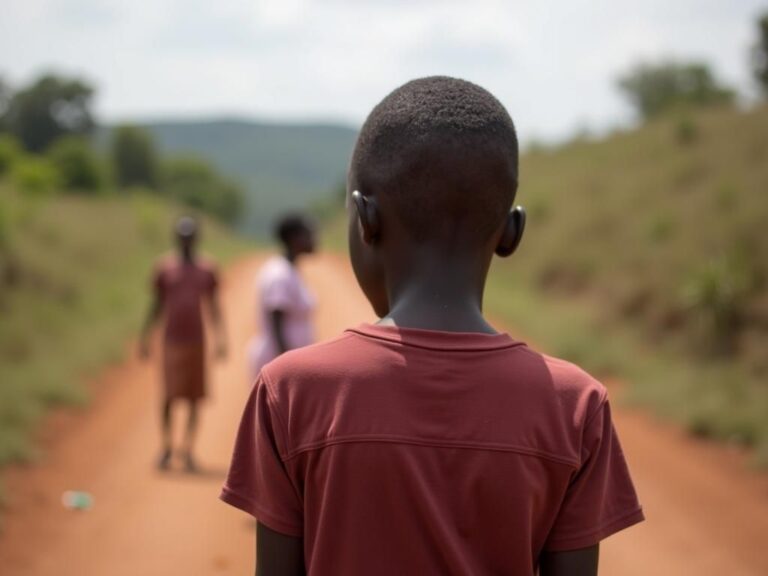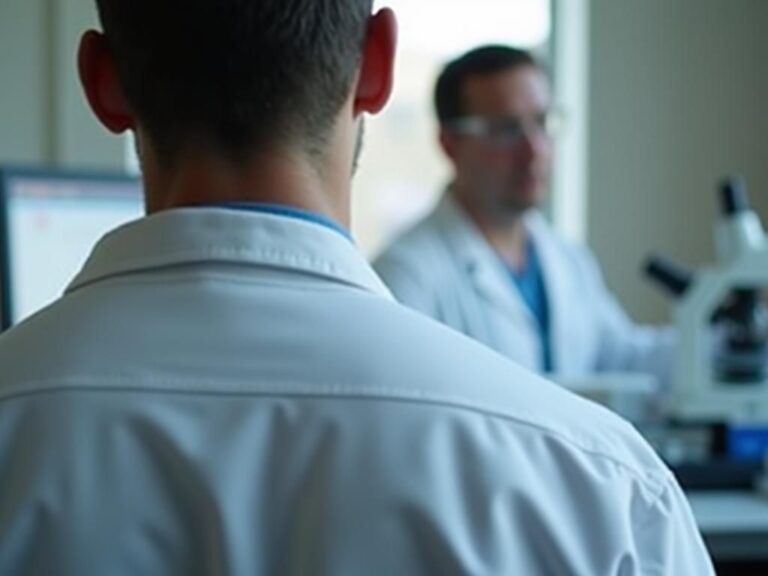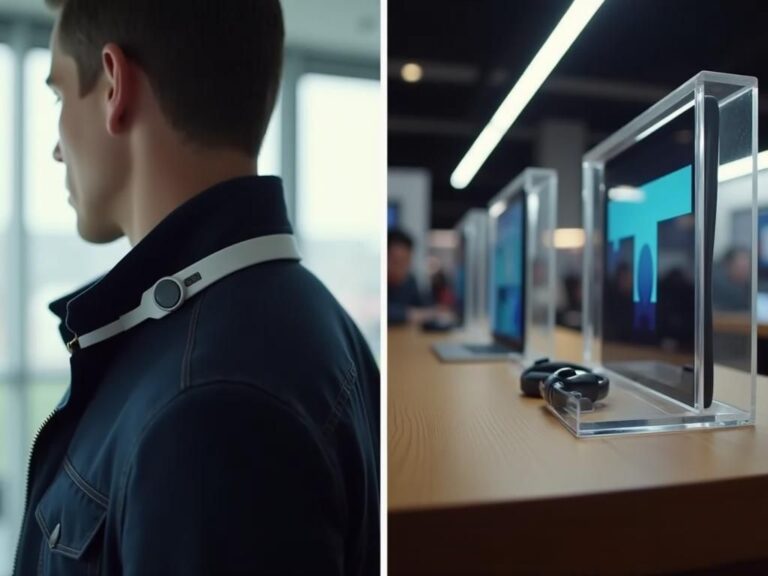
A new study suggests that caregivers, such as parents, often recognize signs of a child’s impending health crisis before technology designed to detect these issues does.
Researchers compared the ability of caregivers to identify health problems with that of early warning systems used in hospitals. They found that caregivers frequently sensed something was wrong and sought medical attention before the systems flagged any concerns.
The study emphasizes the importance of caregiver instincts and observations in assessing a child’s health. This could be due to their intimate knowledge of the child’s normal behaviors and patterns, allowing for the spotting of subtle changes. This information could lead to changes in hospital protocols.
The research examined numerous children, comparing caregiver intuition against standard monitoring systems. The team’s findings suggest that technology does not always replace human judgment, especially when it comes to understanding subtle or nuanced health shifts that could be very early signs of danger.
The study did not discount the value of medical technologies. Instead, it suggests that technology should be used in concert with caregiver’s observations to improve overall child healthcare outcomes. Further investigation into combining both human insight and technological capabilities might offer the best solutions for pediatric care.
This shift in focus toward caregiver input may prompt hospitals to enhance communication and actively involve parents and guardians in the observation and evaluation of their child’s health, potentially improving early detection and treatment. This could also improve training programs for medical professionals.






